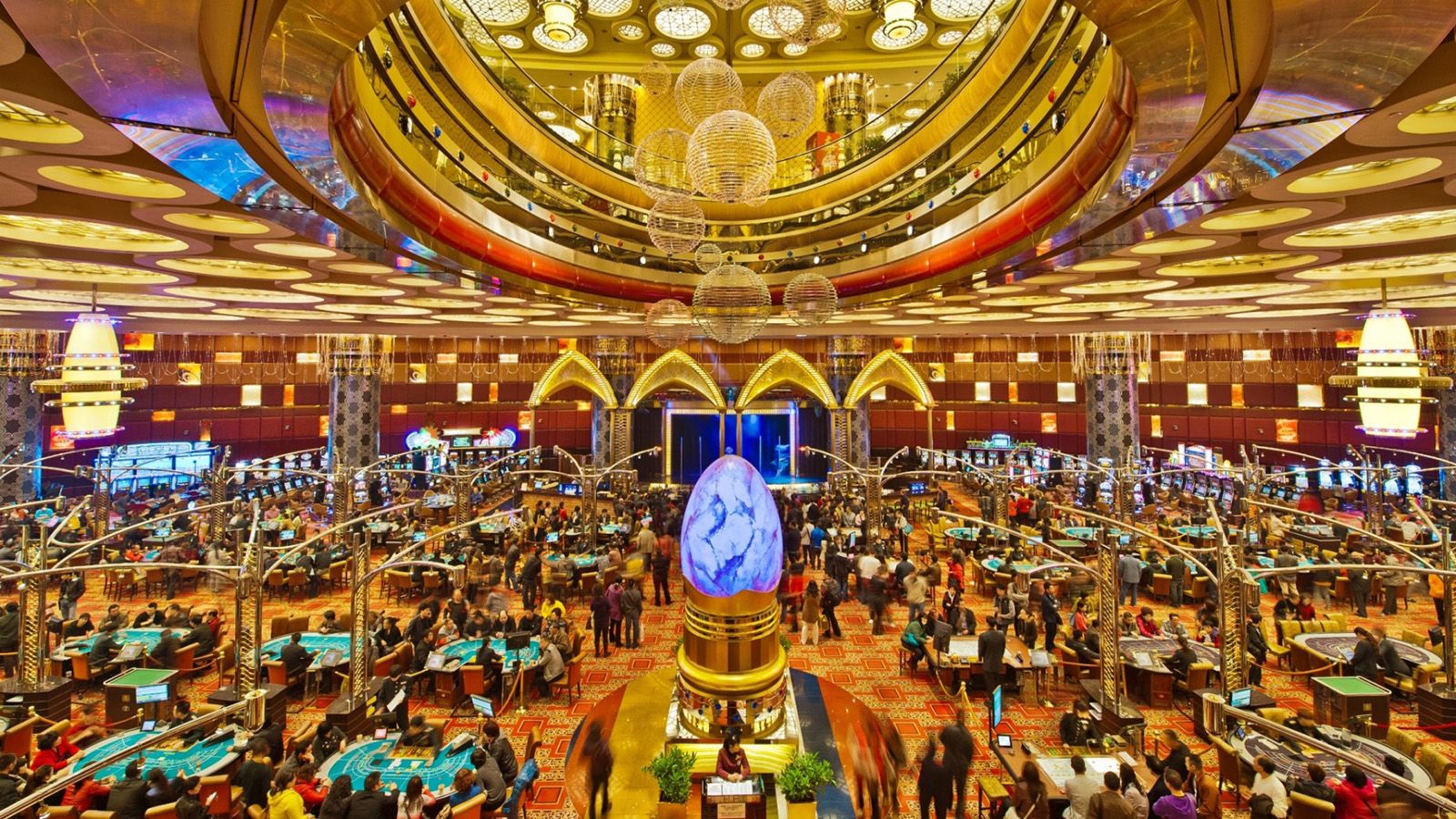
Casino games have long been a fascinating entertainment option, drawing countless of players from different cultures around the globe. From the lively casinos of Las Vegas to the bustling gambling halls of the Chinese gambling capital, these games serve as a bridge that brings together people across a variety of backgrounds. The allure of fortune, tactics, and gambling entices not only those hoping to strike it rich but also those in search of a sense of community.
The cultural impact of casino games extends far beyond the gaming floor. They often reflect the values and traditions of the cultures in which they prosper. Games such as Texas hold ’em, 21, and the wheel game have embedded themselves into the mosaic of popular culture, influencing everything from movies to fashion. As we explore this captivating intersection of luck and life, we can gain insights into how casino games shape and are shaped by the environment surrounding us.
Historical Evolution of Gambling Games
The beginnings of gambling activities can be traced back to old civilizations, where gambling in various forms was widely practiced. In Ancient China, around two thousand three hundred years before Christ, a type of luck game known as Keno was well-known, while in old Rome, soldiers would frequently bet on the consequences of their matches. The concept of using chance for amusement and profit evolved over the centuries, leading to the formation of more structured games. By the late Middle Ages, gambling houses began to appear in European nations, particularly in the Italian peninsula, which presented early incarnations of famous activities still played today.
As betting expanded fame in Europe, the 17th and 18th centuries saw the emergence of gambling establishments as specialized locations for gambling. The earliest official gaming venue, the Ridotto, was set up in the city of Venice in sixteen thirty-eight, offering activities like Baccarat and Faro games. This era marked a significant shifting point, as casinos commenced to attract not just the wealthy but also the burgeoning middle-income class. The refinement of activities increased, leading to the creation of new guidelines and modifications that enriched the experience of players.
In the 19th century, the industrial age and transformations in societal conventions also transformed the landscape of casino activities. The arrival of roulette and contemporary one-armed bandits drew a more diverse audience, and casinos became seen as acceptable recreation. This period witnessed the globalization of gaming, as gambling houses extended from Europe to the New World, culminating in the establishment of the legendary Las Vegas Boulevard in the 20th century. The development of casino activities has persisted into the current era, incorporating new technologies and online platforms, making them available to a universal market.
# Cultural Significance in Diverse Societies
Casino games have profound cultural and social value within numerous cultures throughout the planet. For instance, in Las Vegas, the very fabric of the urban landscape is woven around gambling establishments, where playing is not just a pastime but a central aspect of leisure and community interaction. The bright lights and vibrant atmosphere attract millions, showcasing how casino games can shape local economical structures and cultural identities. This surrounding transforms the notion of relaxation into an engaging encounter that shapes style, melodies, and even movies. https://789f.download/
In contrast, some cultures approach wagering with greater care, viewing it through the lens of ethical considerations and tradition. A case in point, in many Eastern cultures, games like Mahjongg and Pai Gow are rich with history and have significant social relevance. These games are often played during get-togethers and festivities, fostering social ties and solidifying familial ties. The act of playing these games goes above mere entertainment, reflecting values such as respect for elders and the value of shared enjoyment.
Simultaneously, in Western countries such as Monaco and Rome, casino games serve as symbols of luxury and elegance. The refined atmosphere of these venues attracts both tourists and locals, reinforcing a sense of status and elitism. The art of Texas Hold’em and the strategic features of games like banker’s game are appreciated, influencing community relationships and establishing an allure that enthralls a heterogeneous audience. This emphasizes how gambling can both reflect and influence cultural attitudes towards hazard, reward, and community interaction.
Financial Influence and Tourism
Casino games play a important role in the economic landscape of many areas, particularly those that rely heavily on tourism. The revenue produced from gambling establishments fuels local economies, creating employment opportunities not only within the casinos themselves but also in connected industries such as hospitality, restaurant services, and entertainment. This influx of tourists, drawn by the allure of gambling and the overall casino experience, stimulates expenditure across multiple businesses, contributing to the economic health of the area.
The existence of casinos often leads to the development of facilities, including lodging, public transit, and leisure amenities. These developments are essential in improving the overall visitor satisfaction, making locations more appealing to visitors. Additionally, many casinos contribute in local communities through support of activities and philanthropic activities, further embedding themselves into the social fabric of the locality. Such investment not only supports economic growth but also fosters a positive image of the gambling sector.
In addition, the worldwide appeal of casino games drives competitive tourism, with locations vying to attract gamblers from across the globe. Iconic locations like Las Vegas and Macau have become identifiable with casino culture, drawing millions each year. This advantage encourages innovation and diversification within the gambling sector, influencing developments in entertainment and accommodation that resonate beyond their borders. The consequences of this visitor influx extend wide, impacting local financial health and cultural interactions on a worldwide scale.